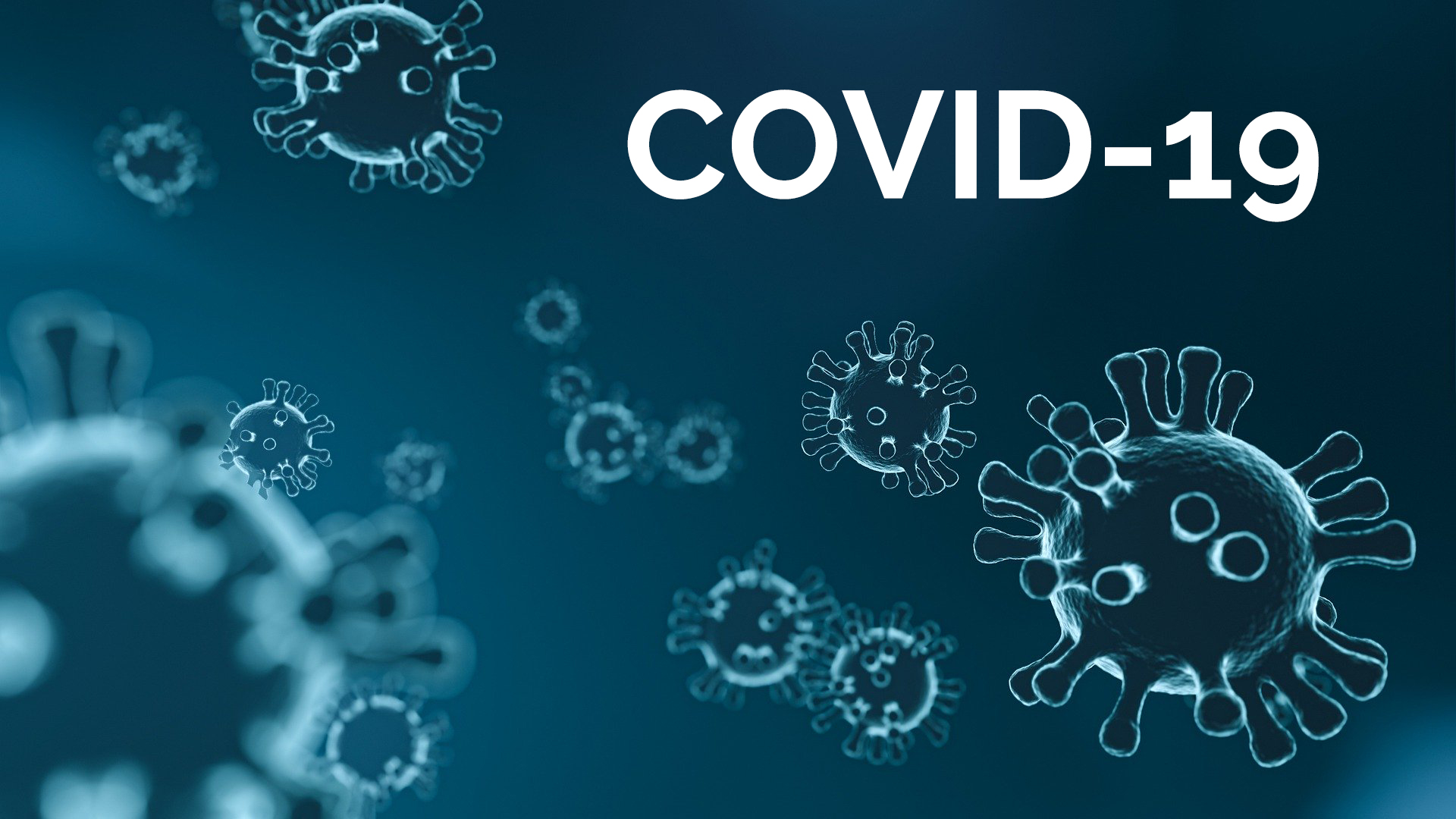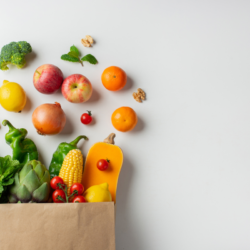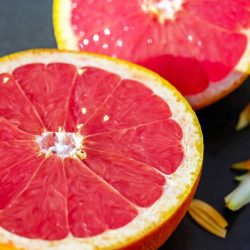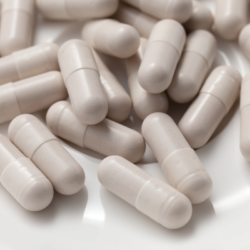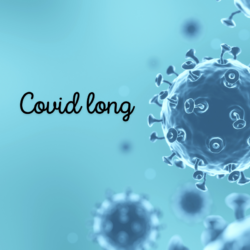What is a coronavirus?
Before you understand what a coronavir us is, it is important to know what a vir us is and how it works.
A virus is called microbiology: a manda tory cellular parasite.I t does not show itself with the naked eye and cannot be cultivated.
There are “nake d” and “wrapped ” virus es:
- Nak ed virus es have a nucleocapside containing an RNA or DNA geno me and a capsid (virion)
- Wr apped virus es also have a nucleocapside, but also an envelope
To reproduce, a v irus must enter a living cell; the damage to the cell is expressed by the disease.
A capsid is the result of the assembly of viral proteins. It protects the genome and carries viral determinants.
An envelope is not mandatory in the virus, but it determines whether it is a coronavirus or not. A coronavirus will carry a “crown”-shaped envelope, hence its name. It carries the viral determinants that bind to cellular receptors. After attaching to the cell membrane receptors, the envelope fuses with this membrane.Namely that the loss of the envelope inactivates the virus!
When a virus becomes more pene trating, the body tries to eliminate it, but in doing so, elicits reactions that generate the degradation and dysfunction that cause the disease. The clinical expression of a viral infection therefore depends as much on the host as on the pathogen.
There are two actors during a viral infection:
- The infectious agent (the virus)
- The host (man, main virus tank)
A coronaviru s is theref ore a DNA-wrap pe d v irus most often, except in the case o f COVID-19, which is an RNA coron avi rus. Transmission of th e vir us can be direct (air/contact), o r indirect (vector, stained hand).
How can the virus be reduced in its environment?
Covid-19 in fection is an infectious disease in the broadest sense, that is, it invades the body with pathogens that take advantage of favourable ground to settle and proliferate in the absence of a sufficient immune response. The concept of “field” is fundamental in infectious diseases. Maintaining good immunity and proper hygiene conditions are an essential basis for infection control.Because it is much easier to prevent than to cure.
In the presence of a virus around you, as in the current context, it is necessary to act on two levels:
- Reducing the presence of pathogens in the near and in-contact environment
- Boosting your body’s immunity
In order to reduce the presence of germs that cause infection and disease, it is important to follow the basic hygiene rules of your body. It needs a healthy and balanced environment to function well.
In the absence of treatments, can natural remedies be taken?
- The consumption of probioti cs promotes the balance of our body. Probiotics are living microorganisms (bacteria or yeast, especially lactic ferments) that, when ingested in sufficient quantities, have a beneficial effect on health by improving the balance of the intestinal flora
- Ascorbic acid o r vitam in C helps the body resist infections
- Retinol or vitamin A is also essential to protect the respiratory system from viral infections
- Vi tamin D3 supports the immune system by allowing better absorption of minerals
- C opper wh ose anti-infective properties are recognized as essential for the proper functioning of the immune system
- E chinacea: The extract of this fresh plant demonstrates (in clinical studies) an ability to strengthen the immune response gently when it is weakened. Echinacea has recently shown that it can interfere with inflammatory defense mechanisms useful for countering infections such as Covid-19
- Eld erberry: Be rry extract exhibits anti-inflammatory (anthocyanin) and immunostimulant activity. It causes a significant increase in interleukin 1-beta, TNF alpha, less IL-6 and moderate IL-8 and IL-10. Also, antiviral, berries are an almost specific influenza
- R ed quinquina: The red quinquina bark is composed mainly of quinine (natural molecule of chloroquine).Generally used as a reference antimalarial since the dawn of time, quinquina has been shown to be effective in fever and influenza conditions in decoction.
The C ovid-19, which appeared in December 2019 in China, is now present all over the world and has already claimed thousands of lives. France is one of the most affected countries where the virus circulates very actively throughout the country. Although there is currently no officially recognized treatment for coronavirus, many clinical trials are underway.

